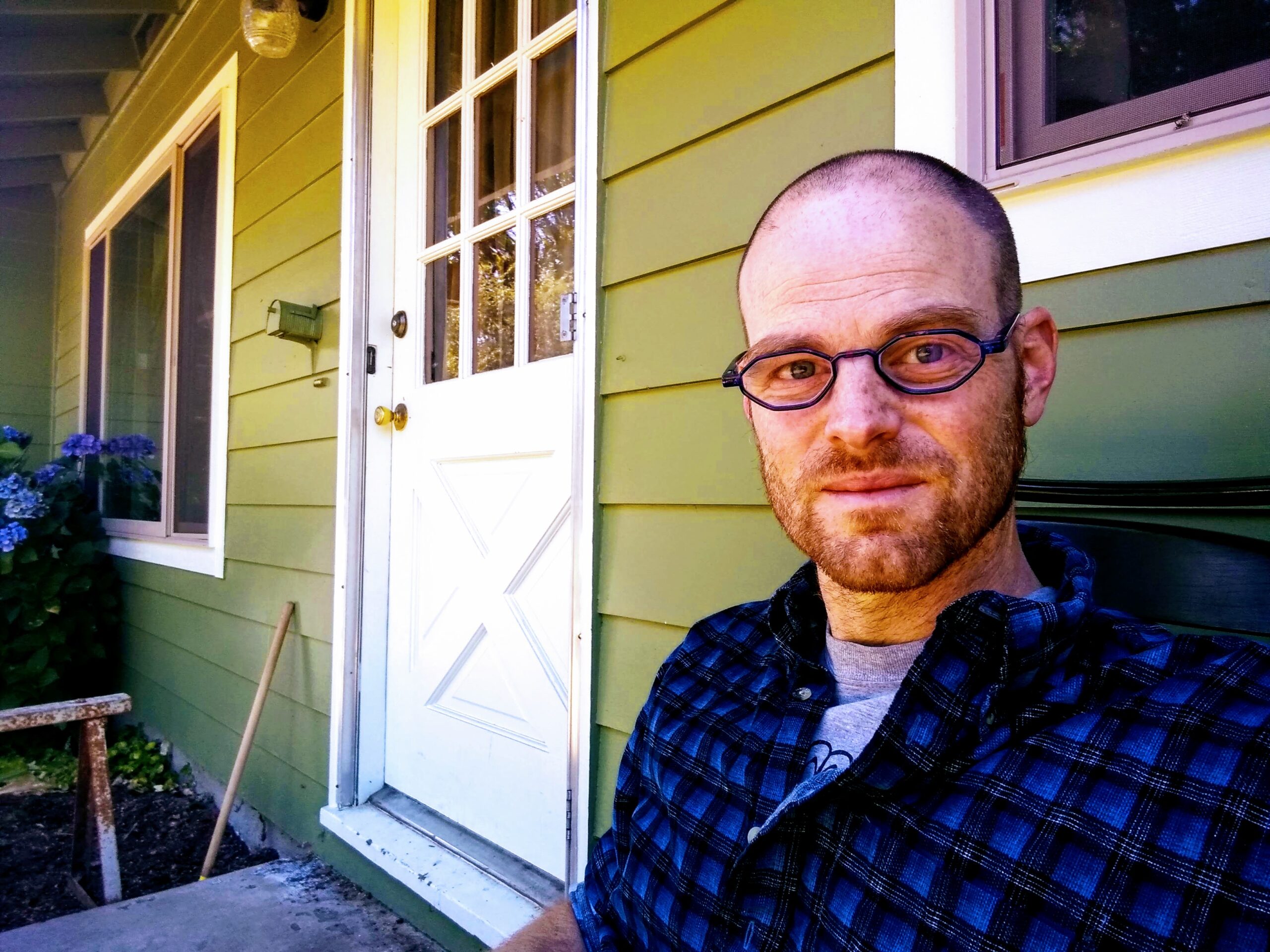
Adoption expert Betsy Keefer-Smalley refers to self-care as “The Parent’s Neglected Task.” But parent self-care is crucial for meeting a child’s intense needs. It’s a necessity. Often our broader culture subtly encourages parents to believe that self-care is indulgent. Moreover, parents of traumatized children often suffer secondary trauma, sometimes referred to as “vicarious trauma” or “compassion fatigue.” The Administration for Children and Families defines secondary trauma as “a set of observable reactions to working with people who have been traumatized [that] mirrors the symptoms of post-traumatic stress disorder.”
I once heard a presenter at a trauma workshop explain emotional regulation using a jar filled with dried pinto beans. “These are emotional regulation beans,” she said, “each one of us begins each day with a certain number of emotional regulation beans.” She explained that each time a stressor presents itself during the day, we must expend a certain number of emotional regulation beans to deal effectively with the stressor. If our jar empties, if we begin to run a deficit we will no longer regulate our emotions effectively. They will control us. Traumatized children often begin the day with very few, if any at all. In a house where both parents and child are running a deficit, stress can explode through the roof.
Parent self-care can be thought of as the strategies one employs to ensure that they are constantly operating at a surplus of emotional regulation beans. On January 1, 2020, NPR.org recycled a story it first ran in 2016 on “Blue Zones.” These are regions of the world that stand out as having significant percentages of the population living well past current life-expectancy because healthful strategies are endemic to local culture. The common factors that doctors believe contribute to longevity are also a good place to begin a discussion about self-care. I will phrase them here as questions:
1. Are we sleeping well and sleeping enough?
2. Are we moving our body throughout the day?
3. Are we eating healthy, nourishing food?
4. Do we have nourishing and reciprocal social relationships?
5. Do we reflect on that for which we are grateful?
However, this basic and essential level of self-care is often insufficient to deal with the effects of vicarious trauma. Secondary trauma manifests through a mechanism called “neural synchronization.” When two people interact in a shared activity, their bodies will fall into sync with each other on a physiological and neural level. This is how young children initially learn to regulate emotion. If my child is dysregulated, my ability to stay regulated and calm within the physiology of my body will actually contribute to his ability to do this for himself. The rhythms of his body pick up the rhythms of mine. However, it works the other way as well. If he is experiencing the intense emotions that come with an episode of post-traumatic stress, his physiology exerts a pull on mine. Similar symptoms manifest in me. It’s essential that parents of traumatized children be aware of the symptoms of PTSD: moodiness, irritability, depression, change in sleep patterns, change in appetite, exaggerated startle response, to name just a few. They should seek professional help if they recognize these symptoms within themselves. The first call should be to a primary care physician who will conduct an assessment and might be able to prescribe an SSRI or other medication to help lower stress levels. A good therapist, particularly one with a background in trauma and attachment, can also be a great help. Respite care is a must.
Friends and family of parents of traumatized children can be helpful by offering non-judgmental support and encouraging parents to engage in self-care. They can help ensure that the jars of their loved ones remain full, that the task is no longer neglected.
References:
https://www.acf.hhs.gov/trauma-toolkit/secondary-traumatic-stress
https://www.ncbi.nlm.nih.gov/pmc/articles/PMC6759699/

Matthew King lives with his fifteen-year-old son in Corvallis, Oregon, where he’s taught English for thirteen years. He also does advocacy work in the school district for children who have experienced trauma in early childhood. In his spare time he hikes, reads, writes, practices meditation, and watches his son ride dirt bikes. He welcomes comments and feedback and can be contacted at kingmatthew10@gmail.com
